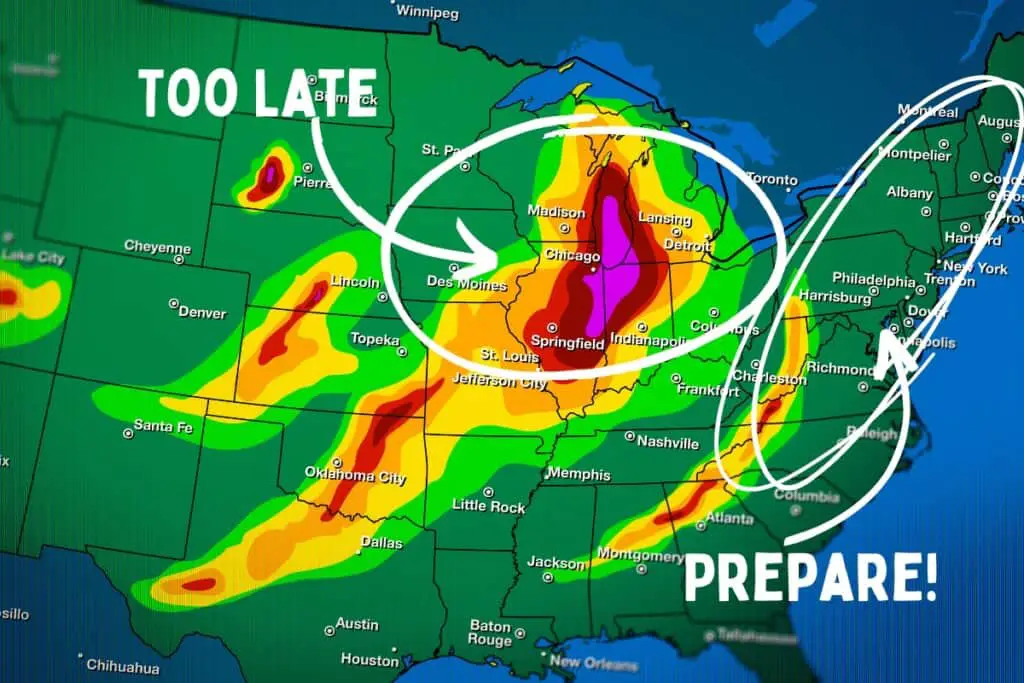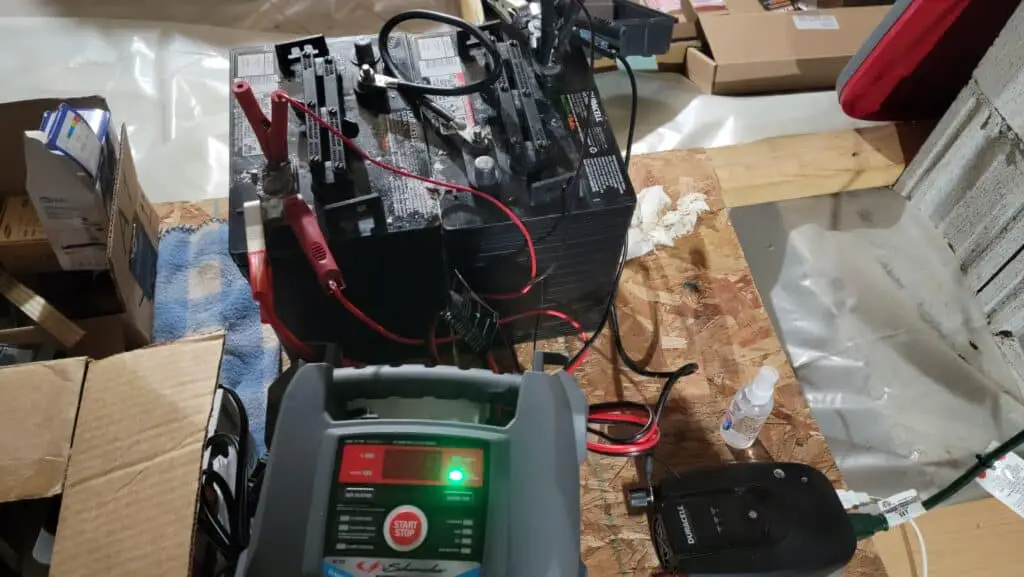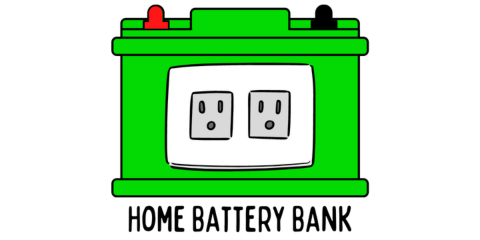In the sweltering heat of summer, power outages can be a living nightmare as you’re stuck in a home or apartment with no AC or fans. Let’s not panic yet, since there are lots of strategies you can combine to help you stay cool even when your trusty air conditioner is rendered a lifeless metal box. In this article, we’ll explore 16 tips to ensure you remain comfortable and composed in the midst of a hot summer power outage.
Welcome the shadows: You will want to close all blinds, curtains, and shutters to block out the sun’s scorching rays. Basically, become Gollum — just don’t go crazy over gold rings. In doing so, you’ll minimize solar heat gain and maintain a relatively cooler indoor environment. Dark-colored curtains will certainly block out the light, but they will also heat up themselves with the sun and will warm your house even though it might be dark inside. Reflective materials such as aluminum foil and thick, light-colored curtains are particularly effective in shielding your abode from the sun’s relentless assault.
Outsmart the heat: Capitalize on cooler nighttime temperatures by opening windows and doors to facilitate cross-ventilation. If you open only one window, you really won’t feel much. Open a second window on the opposite side of the house or apartment and you’ll start to feel air moving in your dwelling. Once the sun rises, be sure to close them to trap the cool air inside and pull the shades. Remember, timing is key.
3. Check the radar: If you see a storm coming and the radar makes it look menacing, go ahead and fill your bathtubs with water and place duct-tape on the drain first in case you have even the slightest leak on the stopper. You can use one tub for grey water purposes and the other to simply get into when the heat is getting too much. The water will always be cooler than the temperature in the room and will be excellent for pulling heat from your body through conduction. According to the Woods Hole Oceanographic Insitute, “Water conducts heat away from your body 25 times faster than air does, so you cool much more rapidly in water.”

Fans, the unsung heroes: Having battery-operated or solar-powered fans can be a godsend during power outages. Position them strategically to maximize their cooling effects. Placing a bowl of ice in front of a fan can create a makeshift “air conditioner”. As the ice melts, the cool breeze will surely bring relief. However, if you’ve got a lot of food in your freezer that you don’t want to spoil, it’s best to leave the ice inside the freezer to keep things as cool as possible.
Hydrate with a purpose: Hopefully you did your due diligence and set aside plenty of water for times like these. Drink plenty of water and consume hydrating foods like fruits and vegetables. Cucumbers, melons, and berries are all great! Not only will this help you maintain healthy hydration levels, but the act of digesting water-rich foods can produce a cooling effect in the body.
Be fashion-savvy: Opt for loose, lightweight, and light-colored clothing made of breathable fabrics like cotton or linen. This will promote air circulation and ensure your body stays cooler than if you were to wear more constrictive garments.
Harness the power of evaporation: You can dampen a washcloth or small towel with cold water and drape it over your neck, wrists, or forehead. The water will evaporate, effectively cooling your skin in the process. Additionally, you can spritz yourself with a water mist for a refreshing cool-down.
Cool your pulse points: Apply ice packs or cold compresses to areas with high blood flow, such as your neck, wrists, ankles, and behind your knees. Doing so will help lower your overall body temperature, making you feel cooler.
Create a chill-out zone: You can designate a room or area of your home as the designated “cool space.” Ideally, it should be on the lowest floor, as heat rises, and preferably on the north side of the home since it will get less direct sunlight and UV radiation (if you live in the northern hemisphere). Insulate the space with blankets or towels to trap the cool air, and spend the majority of your time there to minimize exposure to excessive heat.
Embrace a minimalist lifestyle: Try to limit your use of heat-generating appliances, even those running on batteries or alternative energy sources. Also, avoid cooking with heat whenever possible. Instead, opt for no-cook meals like salads, sandwiches, and fruit.
Venture into the great outdoors: If it’s safe to do so, consider spending time outside in the shade or near a body of water. Natural breezes can help keep you cool, and water sources like lakes or rivers often provide refreshing opportunities for a quick dip.
Practice relaxation techniques: Engage in activities that help you stay calm and composed, such as deep breathing exercises, meditation, or gentle yoga. These practices can lower your heart rate and help regulate your body temperature. Basically, don’t work out, and don’t do any manual labor if you don’t have to. Ride out the storm in peace if possible.
Adapt your sleep routine: To achieve a good night’s sleep in the heat, try sleeping on the floor, using a damp sheet instead of a blanket, or creating a makeshift bed outside in a secure, shaded area.
Plan for the future: Invest in power outage preparedness by acquiring a backup generator, solar panels, portable battery packs, or build your own inexpensive battery bank with a single marine battery or two golf-cart batteries. These solutions can provide temporary relief and help power essential devices during outages, ensuring you remain cool and comfortable. The minute you use one of these devices to cool yourself in the summer, it immediately pays for itself.

Develop a power outage survival kit: Assemble a collection of essential items to help you stay cool during an outage, such as battery-powered fans, extra batteries, solar chargers, water bottles, and non-perishable hydrating snacks. Keep the kit in an easily accessible location so you can quickly grab it when the need arises.
Cultivate a support network: Establish a network of friends, family, and neighbors who can offer assistance during power outages. This may include sharing resources like generators, offering a cool place to stay, or checking in on one another to ensure everyone is safe and coping well.
While summer power outages can undoubtedly be a daunting and stressful experience, adopting these tips and strategies can make a world of difference in maintaining your comfort and well-being. By staying proactive and resourceful, you can successfully navigate the challenges of a power outage and stay cool even in the most sweltering of conditions. Remember, preparedness is your best ally in combating the oppressive summer heat!
